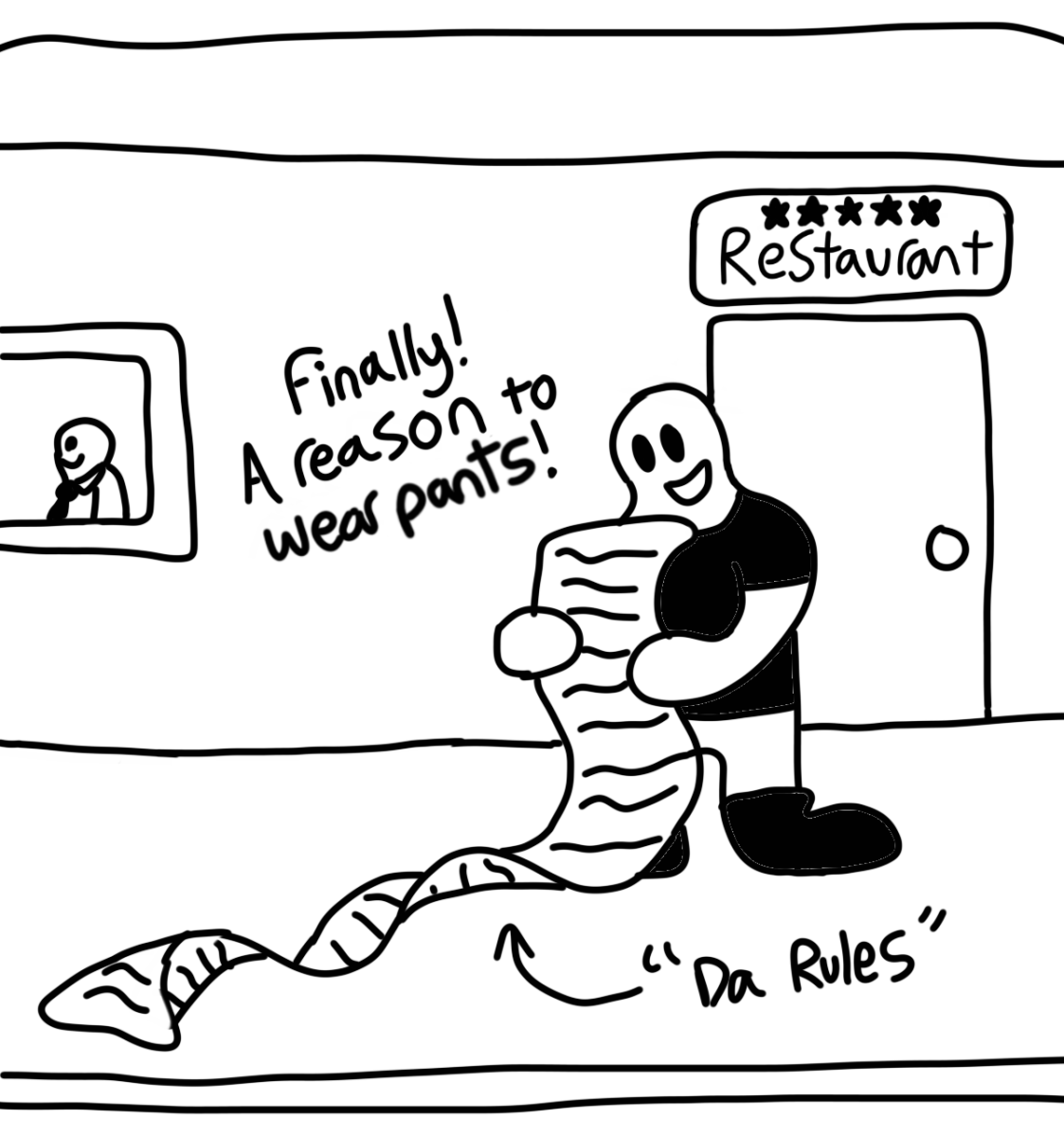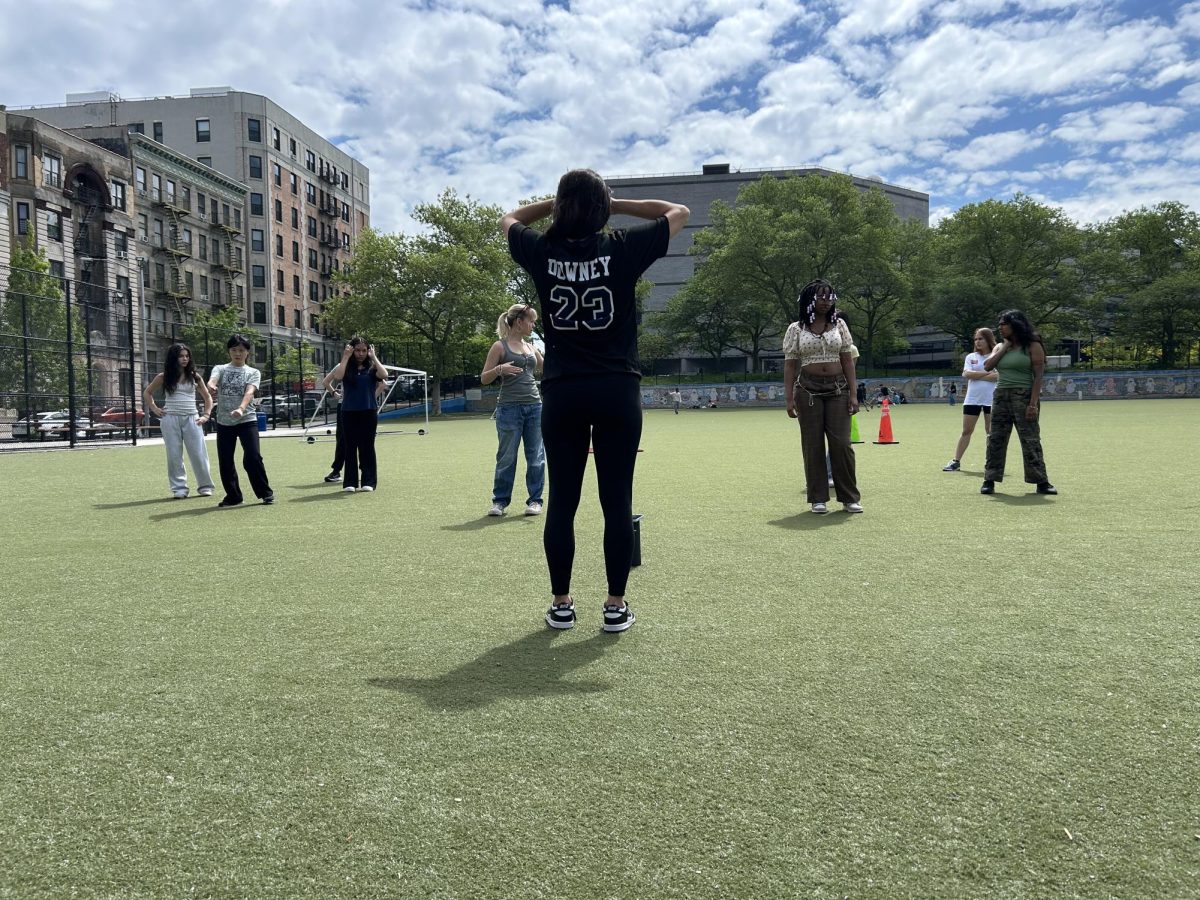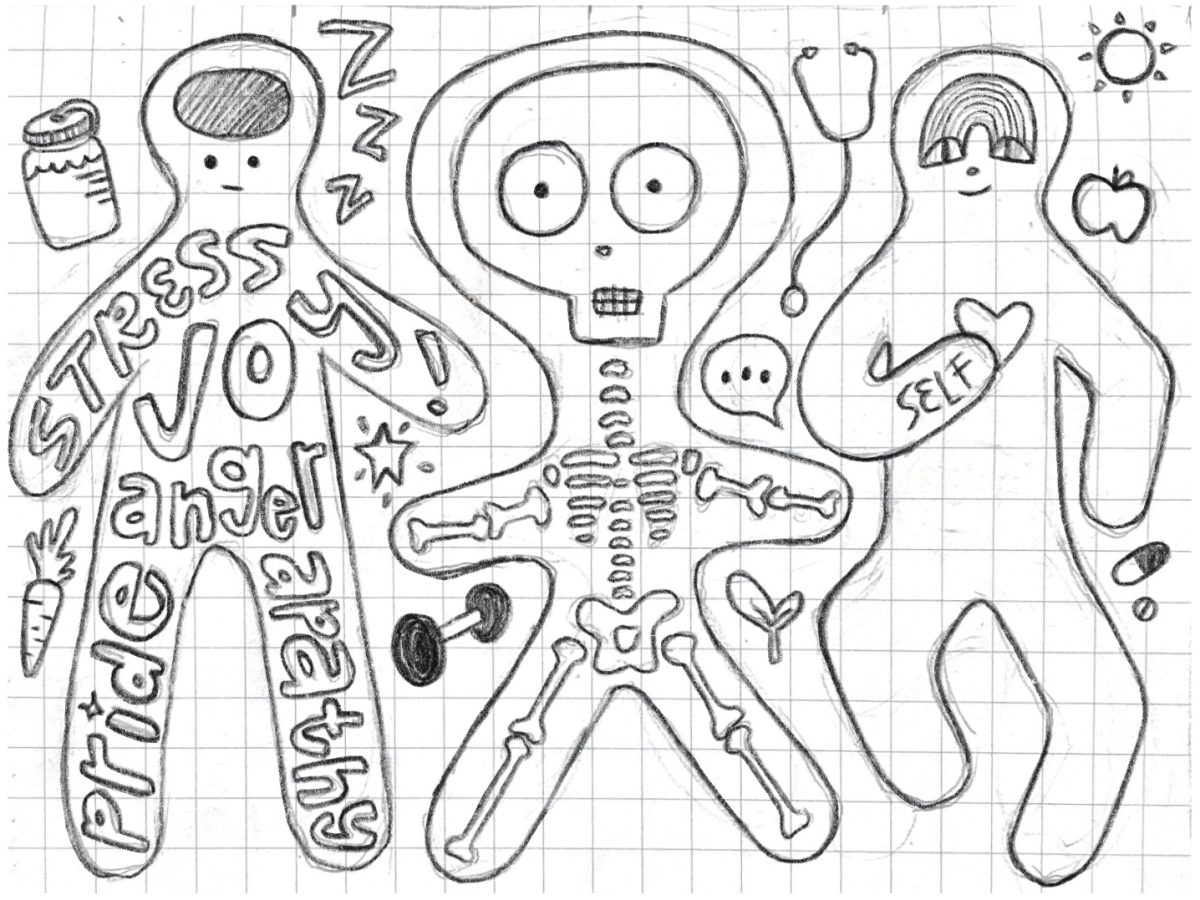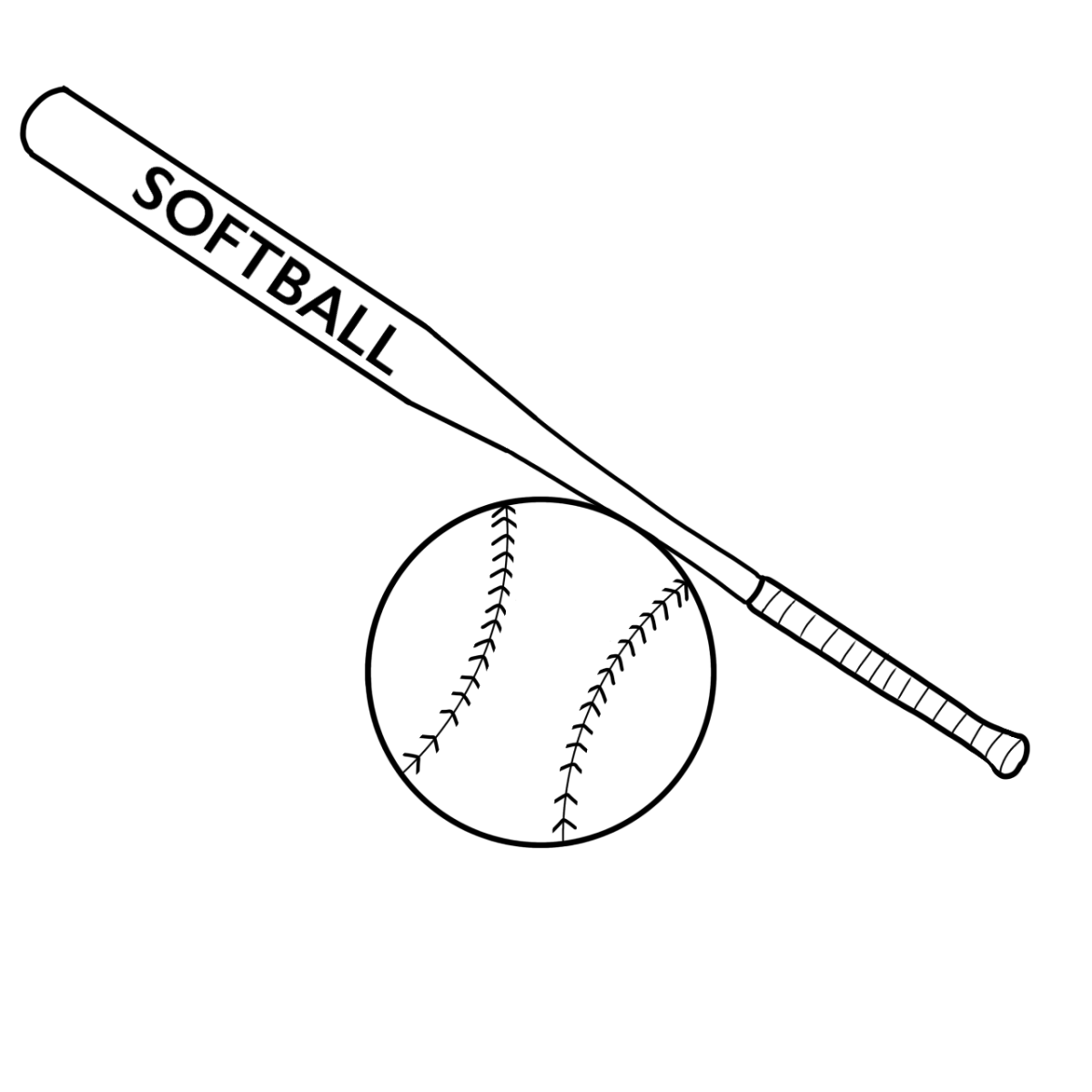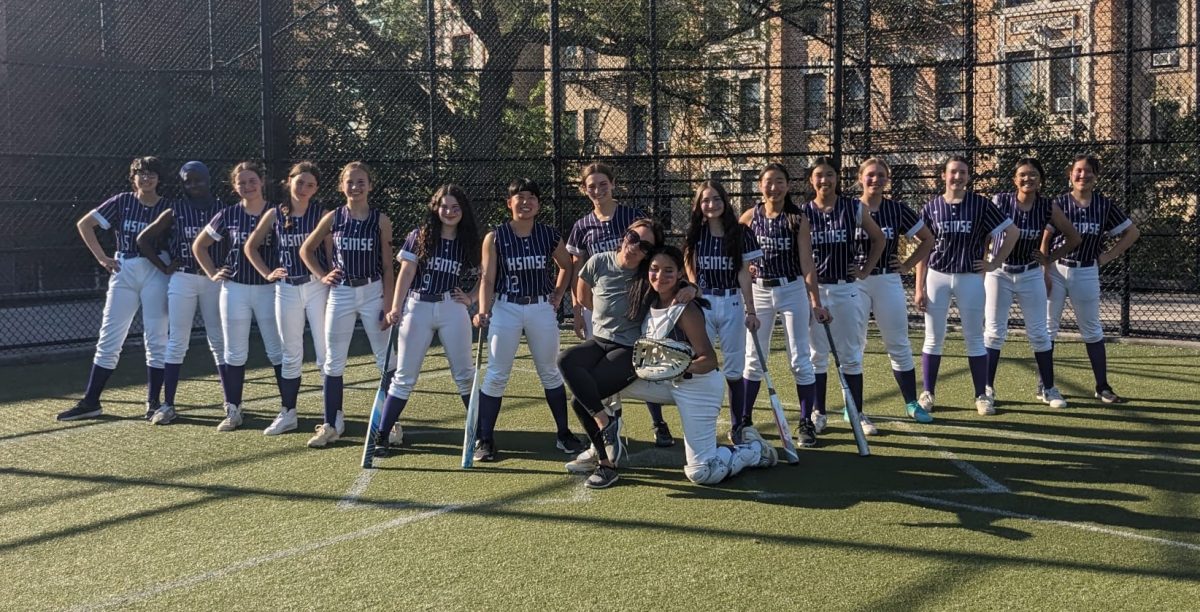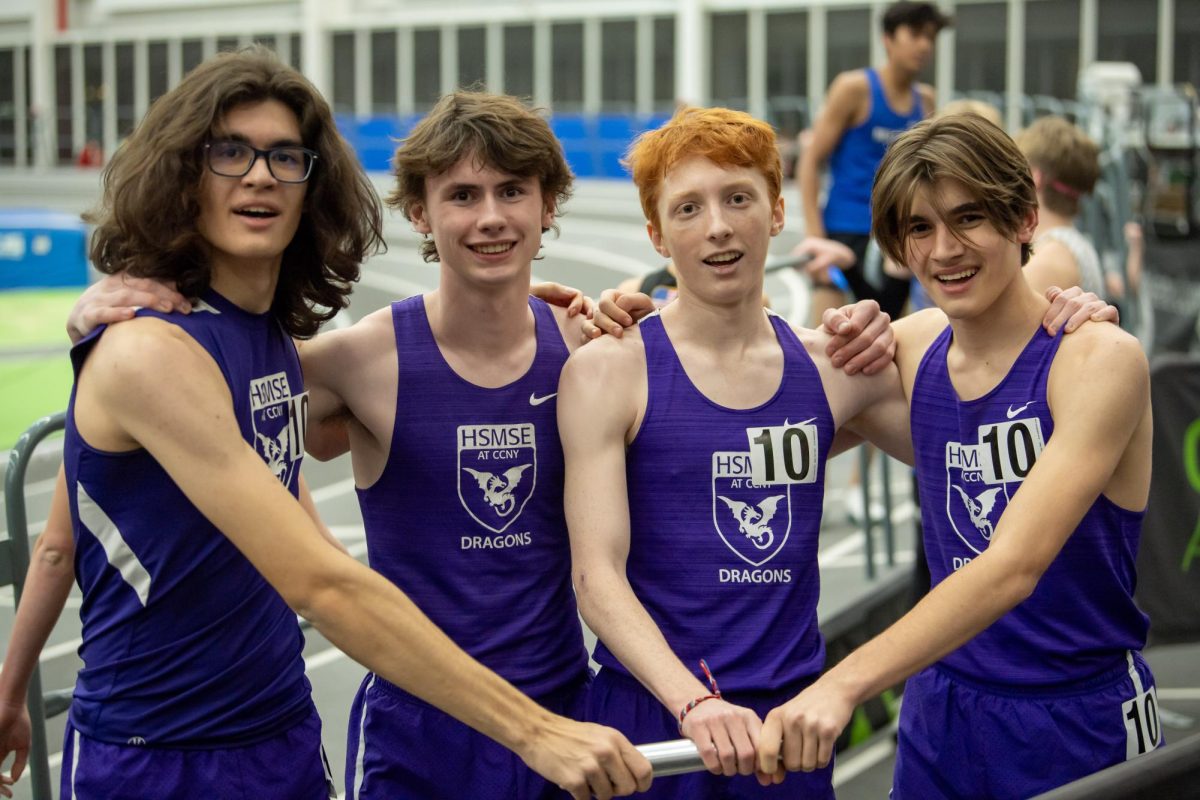While this article is being written, the NBA’s regular season is currently coming to a close, and there are only a few games left before the standings are set and the playoffs begin. The race for teams to get a record high enough for a playoff spot is very tight, especially in the western conference, where teams in the 5th-11th seed are all within a couple games of each other. For these teams, the stakes are high. A single game, a single shot even, can change the standings. With this going on, you’d think the #1 topic of discussion among NBA fans and commentators would be who’s going to make the playoffs. While this is hotly discussed and debated, there is one thing that seems to get even more discussion: Who will win the league’s Most Valuable Player award?
On paper, this seems strange. Basketball is a team sport, so shouldn’t the team standings and championship hopes always be at the forefront of discussion? Since the MVP award is a subjective award voted on by writers and panelists, and because it’s based on the accumulation of one’s entire season, it seems like discussion should mostly be reserved for the end of or after the regular season. But the MVP is constantly one of the most talked about subjects in any sport from the beginning of the season. If you search videos on ESPN’s NBA Youtube channel with “championship” as a keyword, you get 1,010 results. If you do the same but with “MVP”, you get 3,560 results; more than 3 ½ times as many! The current front-runners for MVP, which most debate centers around, are Nikola Jokic, Joel Embiid, and Giannis Antentokounmpo. “Jokic”, “Embiid” and “Giannis” as prompts each generate more results than “championship” and combined create more results than “playoffs”.
There’s a significant question that looms over these debates: We know how much the fans care about these awards, but how much do the players themselves? While the goal of any NBA player should be to win a championship, do they choose to focus more on gaining these individual accolades? Although it varies from player to player, there is no doubt that many players care greatly about these awards, and are upset when they lose. Take James Harden, who lost the award to Giannis Antentokounmpo in 2019, and discounted his loss by saying: “Once the media, they create a narrative about somebody from the beginning of the year, I think they just take that narrative and just run with it the entire year”.
Harden has a point. Debates like these often center around storylines and emotions rather than concrete gameplay or analytics; Something that isn’t very important in the big picture can make a large impact on people’s perceptions. Take this season’s matchups between Nikola Jokic and Joel Embiid, two of the most compared players in the NBA. Due to Jokic beating out Embiid for the MVP twice, there were a lot of expectations approaching their matchups this season. The first came in late January, when Jokic was playing at his best and taking a strong lead in the MVP race. Embiid strongly outdueled him, scoring twice as much as him and leading a comeback to a win for Philadelphia at their home court. Immediately, many were saying this swung the MVP case in his favor, even though it was only 1 game of about 50 in the season at that point. Later in the season, when they were meant to play at Jokic’s home court in Denver, Embiid sat out the game due to injury and Denver won. Many saw this as Embiid “dodging” Jokic, and claimed this put Jokic as the MVP over Embiid, despite Embiid being injured and not allowed to play that game.
While caring about an award is one thing, putting winning an award over team success is another. Players are often accused of “Stat-padding”: when one prioritizes impressive statistics over what’s best for his team. An infamous example of this is Russell Westbrook’s MVP campaign in 2017, when he became the first person since 1962 to average a “Triple-Double” (10+ points, 10+ rebounds, & 10+ assists) over a season. Due largely to this accomplishment, he won the MVP over James Harden (poor guy), despite his team being much less successful overall. Many accused Westbrook of actively choosing to pass the ball to get assists when he could have easily scored or having his teammates allow him to grab rebounds when they could’ve done it more easily.
These accusations continue into today’s debate as well. Nikola Jokic is currently very close to averaging a triple-double, and is largely accused of stat-padding by playing extra minutes during a blowout when he’s not needed, or for his lack of effort on defense (which affects raw statistics less). The defensive complaints ring true, as the field goal percentage (shooting accuracy) of those Jokic is defending is consistently above league average, while the extra minutes claim is more ungrounded as Jokic has played fewer minutes per game than Embiid and barely more than Giannis. While some of these accusations are more valid than others, both for Jokic and others like Westbrook, it seems like a player is accused of stat-padding any time they have a primarily statistical argument for MVP. No player is entirely spared, and it seems like fans are convinced that players must care enough about individual awards to sacrifice their team success for better odds.
Is this supposed individualism something we should be worried about? It’s easy to think that it might ruin the purity of a sport. Even if players have their own individual aspirations, their main goal should always be to help their team win. Players more motivated by personal gain could potentially end up undermining their team. With players being heavily criticized on social media for every mistake they make, and common discussion becomes more and more littered with complicated and unintuitive statistics, it seems as though the problem may only get worse as players become more concerned with their public image than with helping their team.
Personally, however, I’m not worried. First off, “stat-padding” and award-chasing is greatly exaggerated by social media. It’s almost always called out when it happens and is arguably called out more when it doesn’t happen, so it can sometimes feel like every player is doing it. While it may seem like the pursuit of individual awards inherently corrupts the purpose of sports, this isn’t exactly true. To put it simply, pursuing personal accomplishments makes players more motivated to play better, which is better for their team. Pursuing individual success doesn’t usually come in the way of team success.
This is the nature of team sports. It’s a vessel for players to shine, for their performances to stun, and for their accomplishments to be remembered. That fact doesn’t change in our modern media landscape defined by social media and statistics. The goal is and will always be helping the team succeed, but it’s how players do this that captivates us and makes sports so entertaining. Even in MVP discussions, team record is one of the most common talking points. No matter how much people discuss players’ stats, highlights, mentality, or any other subject, it all comes back to how valuable they are to the success of their team, and that’s not changing any time soon.















